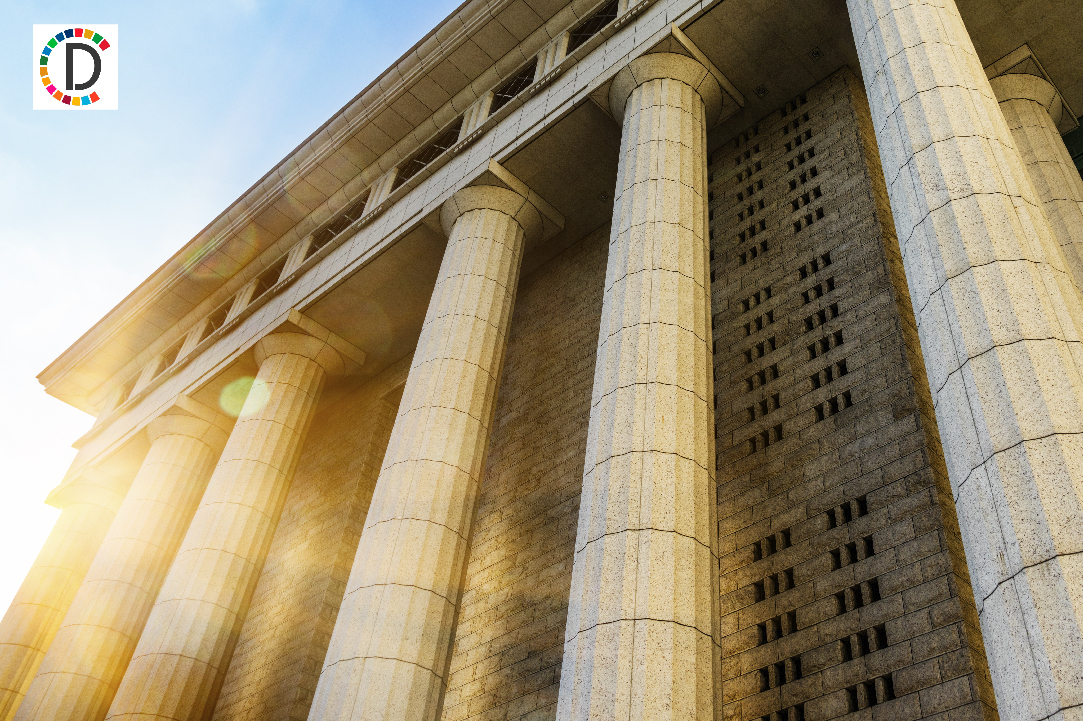Indian civilisational ethos blessed with 'power of assimilation': NHRC chief
It has reflected both in the Ramayana and the Mahabharata when the use of weapons of mass destruction was prohibited, he said.Earlier, NHRC Member D M Mulay asked whether in times of terrorism cant people think of a roadmap to sustain humanity.The Indian view of human rights is not for human beings alone but for the entire world, planet and the universe.

- Country:
- India
Indian civilisational ethos is blessed with the power of assimilation of different streams of ideas and faiths, as ''we want to improve and not impose our culture upon others'', which may amount to violation of human rights, NHRC chairperson justice (retd) Arun Kumar Mishra said on Friday.
He was speaking at the closing of a two-day conference here on 'Human Rights in Indian Culture and Philosophy' jointly organised by the National Human Rights Commission (NHRC) and Indira Gandhi National Centre for the Arts (IGNCA).
Chairing the valedictory session, the NHRC chief said Indian civilisational ethos is blessed with the ''power of assimilation of different streams of ideas and faiths as we want to improve and not impose our culture upon others''.
''The concept of respecting human rights can be sustained only by understanding that this is an integral part of sustainable development. For the sake of development, we cannot emit so much carbon endangering the entire world,'' he was quoted as saying in a statement.
He said today the world is facing destructive weapons, posing a serious threat to the environment and humanity.
''The use of destructive weapons benefits only their manufacturers and not the common people. India's doctrine of nuclear policy is a manifestation of its past ideology that prohibits the use of weapons of mass destruction, which only harm humanity. It has reflected both in the Ramayana and the Mahabharata when the use of weapons of mass destruction was prohibited,'' he said.
Earlier, NHRC Member D M Mulay asked whether in times of terrorism can't people think of a roadmap to sustain humanity.
''The Indian view of human rights is not for human beings alone but for the entire world, planet and the universe. This may be used as a fulcrum for building a roadmap for human rights all over the world,'' he said. Mulay said democracy is nothing but the practice of human rights, and India is the best ground for practising it given its long tradition of values reflected in its art, culture and philosophy.
IGNCA Member Secretary Sachchidanand Joshi, giving an overview of the various sessions at the conference, said the Indian culture stands out as the identity of any Indian abroad. ''Our scriptures are the repository of human rights centric ideas. Those values are seen even today when Indian society, despite facing multiple challenges, sailed through the COVID-19 pandemic''.
''The conference triggered a predominant feeling that a series of such dialogues is necessary to be organised to study, understand and discuss the rich Indian heritage of art, culture and philosophy nurturing humanity to highlight its contribution to the global civilisation, and sustain those practices juxtaposing with the realities of changing times,'' the statement said.
(This story has not been edited by Devdiscourse staff and is auto-generated from a syndicated feed.)
ALSO READ
Indian stock markets shut for Eid celebrations
Indian students in Israel thank embassy for timely assistance, helping hand to fly home after Hamas attacks
Indian secularism is intertwined in DNA of country's culture, it will not disappear so easily: Cong's Shashi Tharoor.
Billie Jean King Cup 2024: Indian women's tennis team beat Chinese Taipei 2-1
Payal Kapadia's 'All We Imagine As Light' is 1st Indian film in Cannes official selection in 40 yrs










